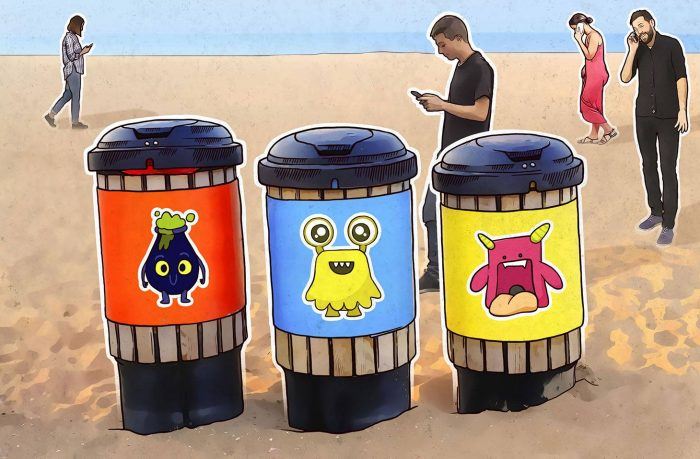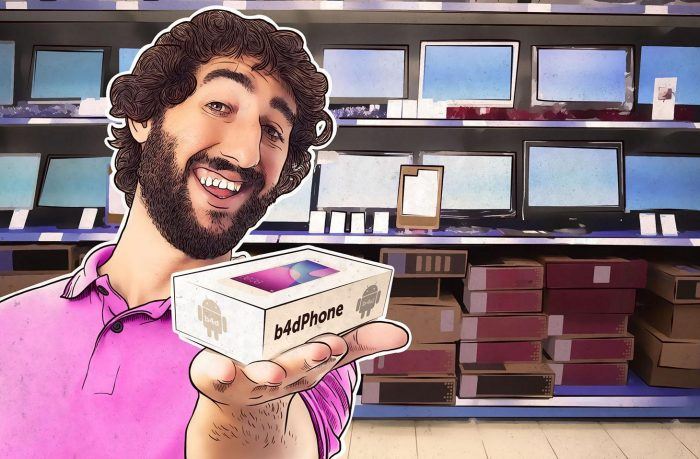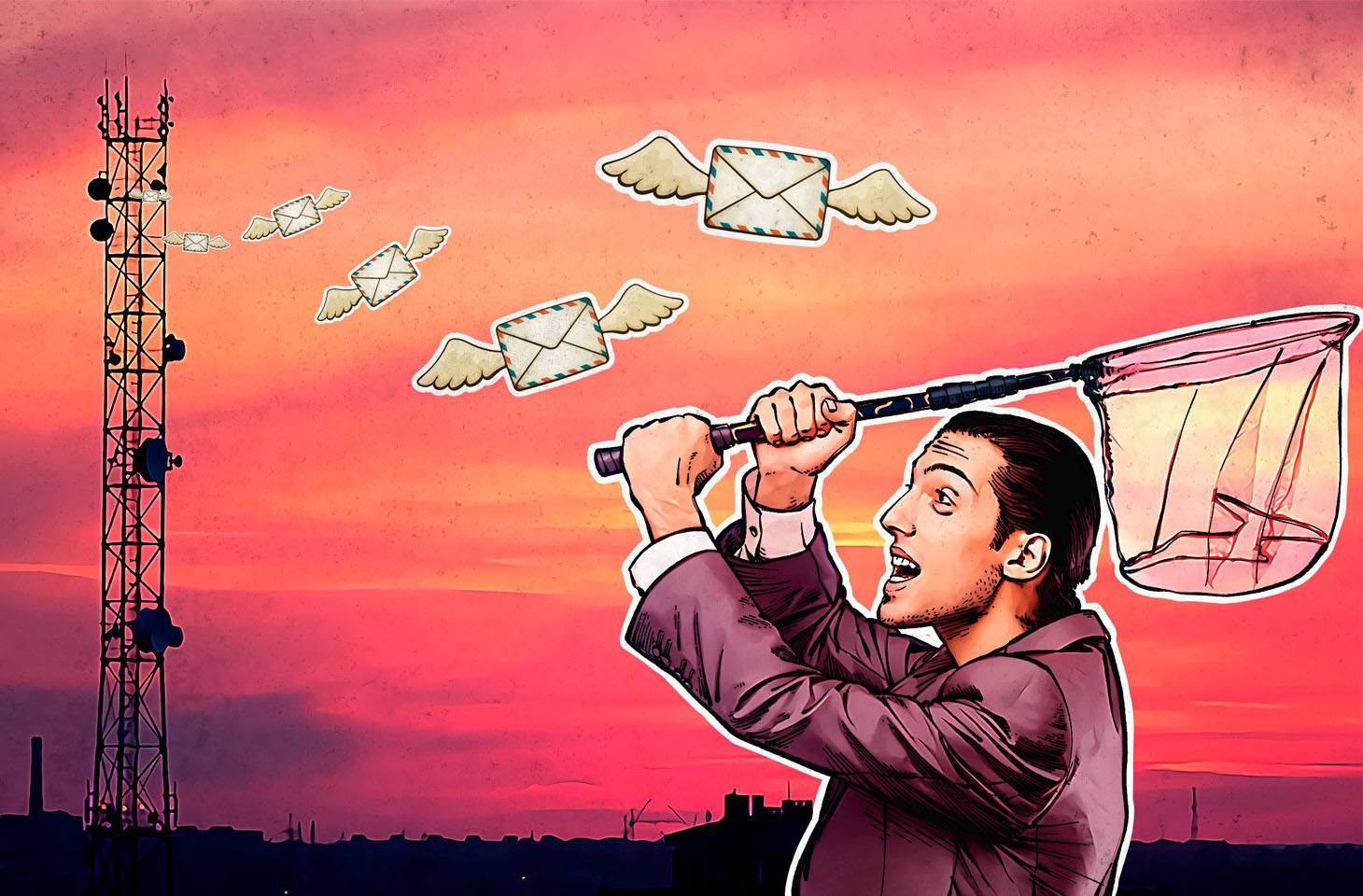
Mobile beasts and where to find them — part one
In part one of our mobile malware series, we cover infectious Android malware — adware, subscribers, and flooders — and how mobile viruses can damage your smartphone or tablet…
446 articles

In part one of our mobile malware series, we cover infectious Android malware — adware, subscribers, and flooders — and how mobile viruses can damage your smartphone or tablet…

How tools designed to study and protect rare species can turn from gamekeeper to poacher.

Did you see that new fully loaded Android smartphone, the one that looks too good for the price? Well, it may include some unwanted extras.

How to avoid getting phished or otherwise duped on the eve of the 2018 World Cup in Russia.

How scammers are exploiting the GDPR fuss to extract personal data.

Here’s how scammers try to phish for verification codes — and what may happen if you send them one.

Do you follow the news? The news may also be following you. ZooPark spyware targets those partial to politics.

How Twitter’s “not-a-leak” made me realize that remembering passwords no longer works.


Fake airline giveaways won’t win you a ticket, but they might steal your data.

We explain what digital certificates are, what types exist, and what problems are associated with them.

Even very popular apps display ads using third-party code, which can transmit personal data unencrypted.

Hidden miners detected in soccer and VPN apps on Google Play — steer clear!

Most computer infections come from visiting porn sites, or so some people say. Are they right?

Even if you are really not an interesting target for an APT actor, you can still be used in a malware delivery chain

Internet of things is not getting any safer: Our experts analyzed a smart camera and found numerous vulnerabilities.

Yachts are now Internet-friendly — and vulnerable because developers aren’t focusing on information security.